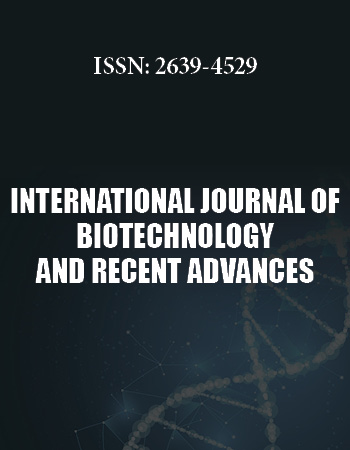International Biotechnology and Research Conference
April 25-27, 2018 Rome, Italy
QCM-based Biosensors for the Detection of Tumor Released Exosomes
1Siena University and INSTM Siena Research Unit, Italy
2Exosomics Siena S.p.A., Italy
Biosensors can satisfy the rapidity and accuracy diagnosis requirements in cancer biomarkers (tumor associated antigens) detection during early stages of the disease, thus overcoming many of the problems related to the classical diagnostic methods more expensive and often time consuming. Modern bioaffinitysensors, such as DNA- or immunosensors, have recently demonstrated great potential for monitoring cancer-related protein markers and DNA mutations.
Mass-sensitive devices like Quartz Crystal Microbalances (QCMs) are commonly used to develop bio-affinity sensors: this kind of sensor is usually made of an AT-cut quartz disk with electrodes on both sides, one of which is functionalized with a receptor selective to the target analyte. If the quartz is used as a feedback element in an electronic sinusoidal oscillator (setting in this way the oscillation frequency), in case of a bio-recognition event, the change of the mass of the quartz is proportionally converted to a frequency shift of the oscillator frequency, providing an indirect measure of the adsorbed mass with a good sensitivity (1Hz/ng for 10 MHz AT-cut quartzes). The development and the characterization of QCM biosensors for the detection of exosomes are presented. Exosomes are cell-derived vesicles that are present in many biological fluids, and that possess diagnostic potential in the oncologic field. From tests with physiological solutions and human plasma, the developed biosensors have proved to give a rapid response (within minutes) with high sensitivity and specificity against the PSMA (prostate-specific membrane antigen).
Biography:
Agnese Magnani is a Professor of Inorganic Chemistry- University of Siena, Department of Biotechnology, Chemistry and Pharmacy.
Her research topics are:
- Functional polymers, materials and coatings for biomedical and agriculture applications
- Biosensors for biomarkers identification and determination in body fluids
- Nano carriers for drug target delivery
- Study of molecular recognition processes: protein-ligand interactions; protein and cell interaction with solid surfaces; biofilm formation
- Application of IR and ToF-SIMS to materials and biological systems: thin films, SAMs and Nano materials characterization; geographical characterization of agrifood products; development of micro-imaging methods for biological processes in tissues and cells.


